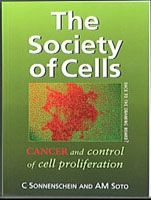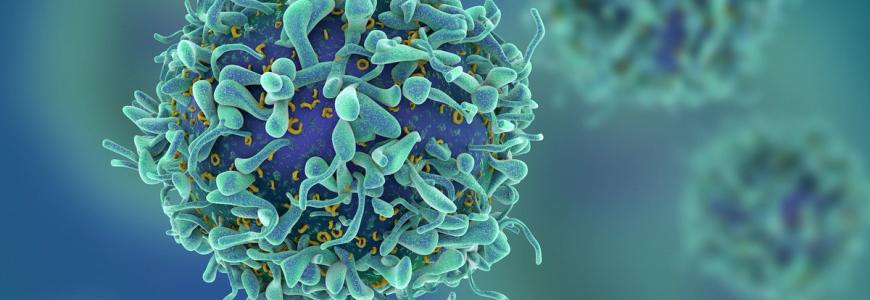From The Cell to Cancer
July 15, 2014 Cambridge Public Library, Cambridge MA This lecture is the fourth in our 4-part series on health and environment at Cambridge Library.

Ana Soto, M.D., Professor, Tufts University School of Medicine, Integrative Physiology & Pathobiology
Dr. Ana Soto Appointed International Blaise Pascal Research Chair

Carlos Sonnenschein, M.D., Professor, Tufts University School of Medicine, Integrative Physiology & Pathobiology

Despite decades of research, there is still uncertainty about the biological mechanism that triggers cancer. There are several rival hypotheses, and genuine progress in cancer research will depend on determining the correct one.
The prevailing hypothesis is that the accumulation of mutations in the genome of a single normal cell transforms the cell to a neoplasm. In this view, cancer is a cell-based, genetic and molecular disease. But this hypothesis does not explain all cancers, and the theory has required ad hoc arguments that, for a number of researchers, suggest a basic weakness.
Since 1999, the acclaimed Tuft University cancer researchers Drs. Ana Soto and Carlos Sonnenschein have developed a different hypothesis. In contrast to the dominant theory, they argue that proliferation is the default state of the cell, and they posit that cancer is a breakdown of tissue organization involving many cells from different embryological layers.
In this presentation, Drs. Soto and Sonnenschein explain the major cancer theories and how the differences impact research. They discuss experimental evidence for the rival hypotheses, and how such evidence leads –or not— to an explanation of carcinogenesis.
The Soto-Sonnenschein Lab at Tufts University The lab website provides a clear synopsis of the tissue organization field theory (TOFT)
recent article about Dr. Soto's research BPA and breast cancer

